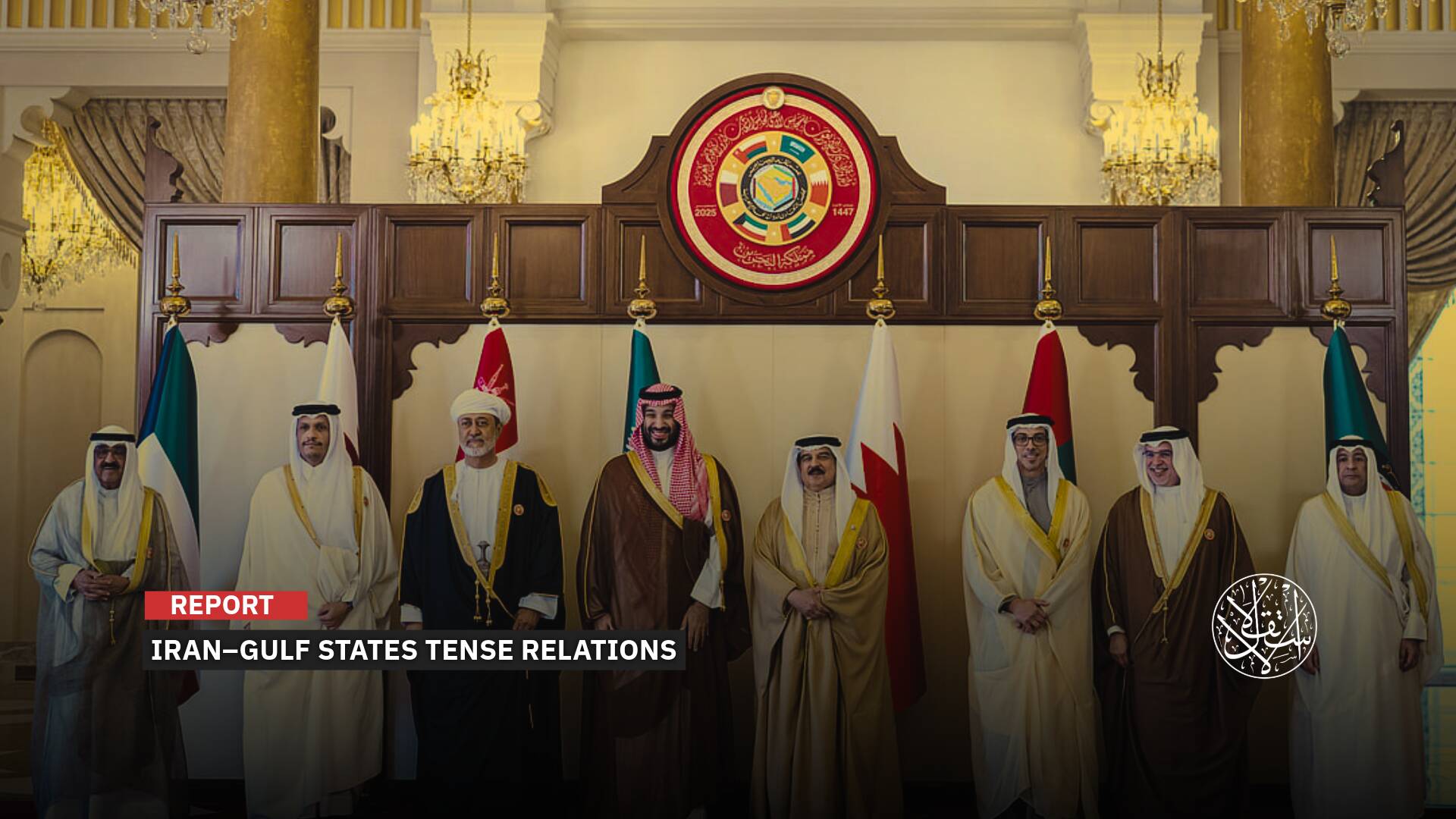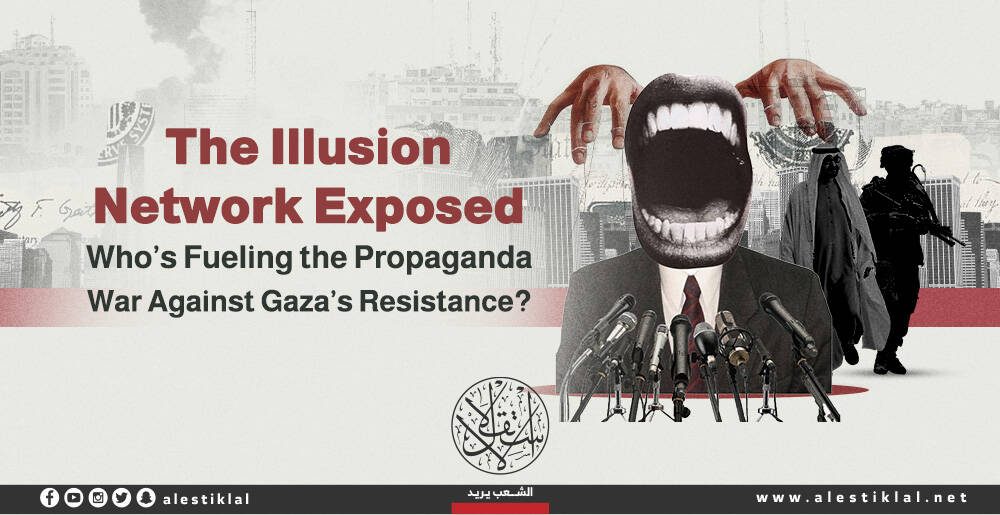What Europe Demands from Syria’s New Administration to Ease Sanctions

Lifting sanctions on Syria will come only after imposing unrealistic conditions.
The European Union is trying to engage in a high-stakes battle with Russia by pressuring the new Syrian administration to end the Russian military presence on Syrian soil in exchange for lifting or easing sanctions on Damascus.
European calls for Russia to close its military bases in Syria have intensified following the fall of Bashar al-Assad’s regime on December 8, 2024, and his flight to Russia.

Russian Presence in Syria
A senior European Union official said they had informed the new Syrian administration that ending the Russian military bases in Syria is a fundamental condition for lifting sanctions on the country.
The official, speaking in Brussels ahead of a January 27 meeting of EU foreign ministers, emphasized that eliminating all foreign military presence, including Russia’s, is essential for normalization with the bloc.
“We have already informed the new Syrian authorities that the normalization process depends on removing all forms of foreign presence, whether military or otherwise,” the official said, as reported by Russian news agency TASS. Syria’s current leadership responded that it would “study the matter.”
This is a prerequisite for the EU to consider lifting sanctions on Syria.
Although Russia intervened in Syria in September 2015 to support Bashar al-Assad in suppressing the Syrian uprising, the new administration has yet to show interest in severing ties with Russia.
Russia's primary goal in its intervention was to secure a long-term lease agreement in 2017 for the Hmeimim airbase in Latakia for 49 years, with a potential 25-year extension.
Russia also secured the naval base in Tartus for the same period, which served as a logistical support point for Hmeimim, located about 50 kilometers away.
Earlier, Tobias Lindner, Germany's Syrian Affairs Coordinator, called on Russia to “respect Syria's sovereignty and territorial integrity, close its military bases, and withdraw its forces from the country.”
Lindner emphasized that the Russian military presence in Syria has broader implications for European security, according to Der Spiegel magazine on January 16, 2025.
“The Russians are there to operate in the Mediterranean, in Libya, and in Africa,” he said.
“Russia poses the greatest threat to European security in the foreseeable future.”
European discussions about Russia's presence in Syria also reflect a political exploitation of the new Syrian administration.
Following Assad's downfall, Russia affirmed that it had not received any requests from Damascus to revisit agreements concerning Russian bases in Syria, which Moscow claims were established based on international law and treaties.
Russia’s statements indicate ongoing discussions with the new Syrian administration about these Russian bases.
In response, interim President of Syria Ahmed al-Sharaa said Damascus has strategic interests with Russia, considering it the second most powerful country globally with significant importance.
In an interview with the BBC on December 21, 2024, he added that the new administration prioritizes the interests of the Syrian people and does not seek to provoke conflicts with foreign nations.
“All Syrian weapons are of Russian origin, and many power plants are operated by Russian experts. We do not want Russia to leave Syria in the way some may wish,” al-Sharaa said in another interview with Saudi Arabia's al-Arabiya Channel on December 30, 2024.
As the European Union debates Syria's future foreign relations, Russian Foreign Minister Sergey Lavrov stated on January 24, 2025, “We are open to constructive dialogue on all facets of Russian-Syrian relations, building upon the solid base of bilateral cooperation established over many years.”
“This includes the functioning of our military bases, which could temporarily assume the additional role of humanitarian hubs, given the acute need for external assistance by the population of the country.”
He also pointed out that the operational conditions of these bases could become a subject for future discussions with the new Syrian administration.

Achieving Balance
In this context, Syrian security researcher at the Harmoon Center for Contemporary Studies, Nawar Shaban, affirms “Russian bases in Syria are problematic even for the new Syrian administration.”
“There are investment contracts between Moscow and the former regime, some of which have already been announced as canceled by the new administration in Damascus,” he told Al-Estiklal.
On January 20, 2025, Riad Joudeh, the head of customs in the city of Tartus under the new administration, announced the termination of a contract with a Russian company for managing the city's port, demanding that the company leave the country.
“The agreement with the Russian company for the investment of the Tartus port has been canceled, and its revenues now entirely belong to the Syrian state.”
The company in question is Stroytransgaz, a private Russian firm, which signed a 2019 agreement with the former Assad regime to manage and invest in the port for $500 million, with plans for its modernization over four years.
“The new administration is working to achieve balance regarding the Russian presence, consulting with regional allies, including Turkiye, Qatar, and Saudi Arabia,” said Shaban.
“The European Union wants to link the lifting of sanctions on Syria to a specific issue in order to justify, in the media, the reasons for maintaining sanctions, despite ongoing discussions about a resolution regarding the Russian presence in Syria.”
However, “this is unjustified because the Assad regime has fallen, and it was the reason for the sanctions. Therefore, the EU’s approach was expected,” he added.
Shaban emphasized that “the diplomacy of Syria's allies, such as Saudi Arabia, plays an important role, exerting pressure on the EU and on U.S. President Donald Trump’s administration, with which Riyadh, and even Ankara, have strong ties.”
Many observers believe that the recognition of the new Syrian administration and the lifting of U.S. and European sanctions will come only after the imposition of unrealistic conditions.
They point out that signs of foreign interference in Syria’s affairs are becoming clearer, with some seeking to advance their own interests at the expense of the Syrian people.
Economist Younes al-Kareem stated that “ending the Russian presence in Syria is tough, given the current capabilities of the Syrian administration—militarily, legally, and economically.”
“This is especially with Russia's importance as a permanent member of the UN Security Council and its numerous relations, which could obstruct any decision on Syria in the near future,” he told Al-Estiklal.
“The Europeans are aware that the sanctions on Syrians come in two forms: the first targets figures from the former Assad regime, and there is no issue in maintaining them, while the second is less visible, involving the reluctance to finance Syria's institutional and service sectors.”
“The European Union is currently facing a financial crisis and cannot be relied upon much for funding in Syria,” al-Kareem added.

Pressure Tactic
Al-Kareem emphasized that “the new administration won’t bow to the EU’s demands for conflict with Russia, but Damascus can ease European concerns by entering negotiations and international courts to secure Russia's withdrawal.”
This is based on the assumption that “Russia currently holds funds in its banks belonging to Bashar al-Assad and members of his regime, who are internationally sanctioned.”
It means that returning such stolen funds to Syria would demonstrate Moscow's goodwill toward the Syrian revolution and its victory, which, according to the economist’s view, would require the formation of a special committee on the matter.
“It would be illogical for Damascus to engage in conflicts with Russia at this time, especially without international allies for the new Syrian administration.”
Al-Kareem hinted that “the Europeans understand that the new Syrian administration is gaining time by delaying concrete steps like forming a government or implementing transitional justice—key demands from the U.S. and Europe.”
This gain of time refers to strengthening its presence and attempting to lift sanctions on Hay'at Tahrir al-Sham, led by al-Sharaa, by presenting a positive image in power.
“Hence, the European Union's call for the Syrian administration to expel Russia from Syria is a political attempt to push Damascus toward forming a transitional government and granting it extensive powers, so that European countries can officially support Syria in various fields.”
“The Europeans are trying to pressure Russia by telling them that Syria is now an ally of the West,” said the economist.
“This puts pressure on Moscow in the context of the Ukraine war, which has become harsh on the European economy.”
Some experts believe that the European calls regarding the Russian presence stem from “a Western desire” to strengthen geopolitical and economic dominance in the energy-rich Middle East.
However, the new Syrian administration is working to prevent the Syrian arena from falling prey to international divisions and to activate the pressure factors that the former regime provided to both Russia and Iran toward the international community.
Recent Syrian moves suggest that Damascus is far from allowing the return of Russian activities previously listed under Western sanctions.
Many assert that the new administration will not allow Syrian coasts to become a foothold for NATO on the eastern wing, nor a platform for testing Russia's naval military capabilities, as happened in the years following the military intervention in Syria.
In this context, a researcher at the Jusoor Center for Studies, Wael Alwan, believes that “there is a European, likely British, desire for Russia to fully withdraw from the Syrian coast.”
“The sanctions imposed on Syria since 2011, or even since the 1980s, are numerous, diverse, and complex,” Alwan told Al-Estiklal.
“This necessitates launching discussions, dialogues, and legal and political procedures between European countries and the new administration to develop mechanisms for lifting the sanctions.”
Sources
- Syria’s New Administration Faces Pressure Over Russian Bases and Contracts
- Foreign Ministry’s answers to media questions for Foreign Minister Sergey Lavrov’s news conference on the performance of Russian diplomacy in 2024
- Special Representative for Syria Tobias Lindner explains what the German government expects [German]
- Syria's New Government Cancels Russian Port Lease at Tartus
- EU: Ending Russian bases is a prerequisite for lifting sanctions on Syria [Arabic]
- Moscow: New Syrian administration interested in Russian presence [Arabic]










